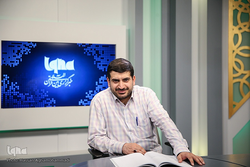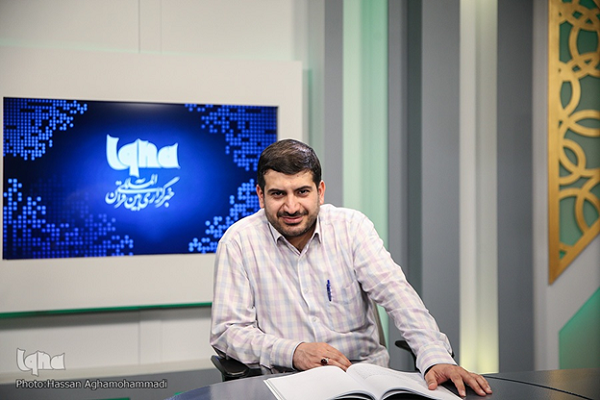Importance of Contemplating Surah At-Tawbah


Hani Chitchian, faculty member of the Quran and Etrat School of the University of Tehran, made the remark in the second session in a series on Surah At-Tawbah. Following are excerpts from his remarks in the second session:
The Madani Surahs of the Quran, especially those revealed toward the end of the Holy Prophet’s (PBUH) life, are complex chapters that are difficult to comprehend (all of their aspects). It is because they have many backgrounds. Studying Surah At-Tawbah may help us a little to learn more about the complex social, political, moral, religious and ideological atmosphere of the Quran.
In this session, a few introductory points are mentioned about the Surah and its atmosphere. We will also have a look at the main theme of the chapter and at the end of the session will say how we want to study each part of the Surah.
Surah At-Tawbah has 129 verses. It is the last, or according to some Quran interpreters, the one before the last Surah revealed to the Holy Prophet (PBUH). All the complexities that can reach their highest point have reached their highest point and the conditions of the Islamic society have many complexities.
This Surah in terms of form has a distinction compared to other chapters as it seemingly beings without the phrase “Bismillah-ir-Rahman-ir-Rahim: In the name of God, the Merciful and Compassionate”. There have been different views expressed in Quran interpretations about this and I’d rather not to talks about them in this session because you will reach your own analysis about it later (in these series). I just want you not to look at it superficially.
The late Sheikh Tabarsi in his book Majma al-Bayan quotes the Holy Prophet (PBUH) as saying, “Anyone who recites Surahs Al-Anfal and At-Tawbah, I will be his witness on the Day of Judgment. He will never fall into Nifaq (hypocrisy). For each hypocrite that has lived in the world, he will receive ten times rewards, and ten of his sins will disappear and his status will be elevated ten times.”
Nifaq means being two-faced and it is when the appearance is difference from what is within. The Holy Quran says the place of hypocrites is at the bottom of hell and introduces them as enemies of Islam and reproaches them severely. In Hadiths, too, they have been described with admonishing words. So a hypocrite is one who conceals his Kufr (disbelief) and pretends to be a believer.
According to this Hadith, one who recites the two Surahs is given a faith capacity that his faith will be ten times bigger than Nifaq and God and His angels salute him as long as he lives in this world.
There is another Hadith from Imam Sadiq (AS) urging recitation of these two Surahs once in a month so that Nifaq will never enter the heart.


